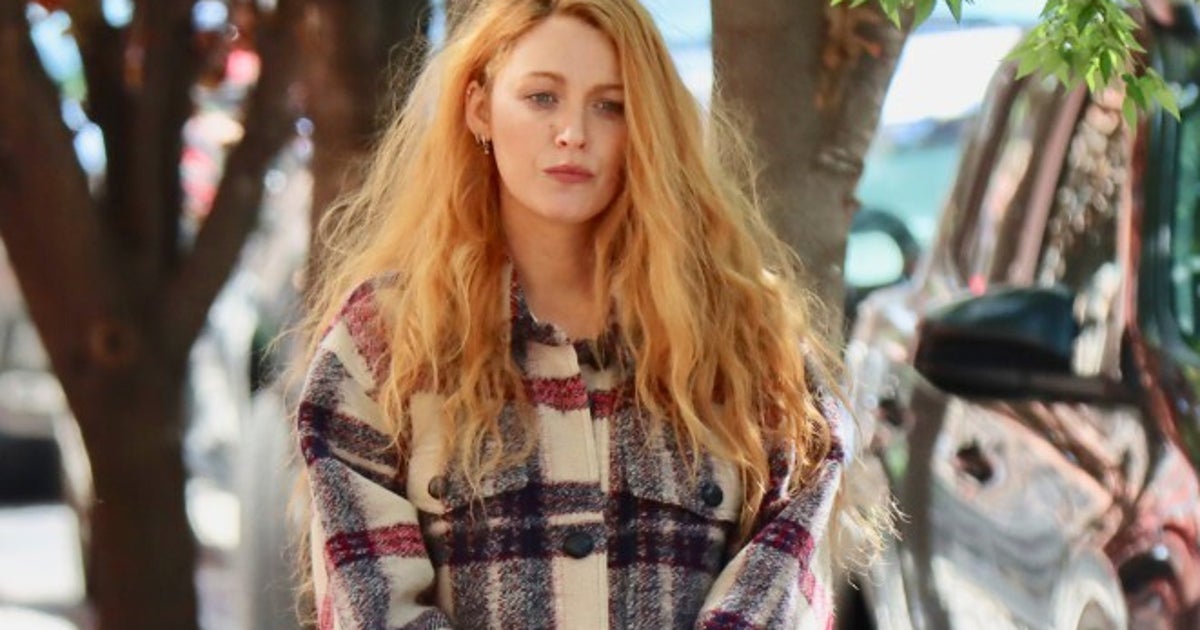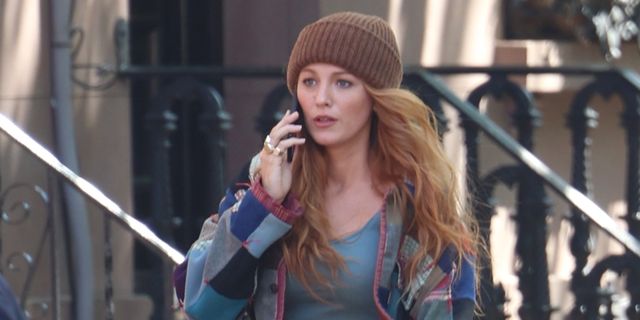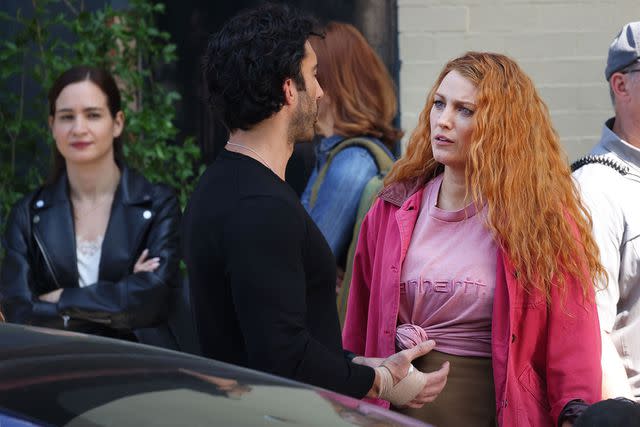Colleen Hoover wrote and released the novel “It Ends with Us” in 2016. ‘It Ends with Us’ is a novel about a girl named Lily who has recently moved and is getting ready to start her life after college. Lily then meets Ryle and falls in love with him. Atlas, her first love, emerges and threatens Lily and Ryle’s relationship just as she is developing feelings for him.
“It Ends with Us” has aspects of a love tale, but it is not mainly a romance novel and should not be read or promoted as such. Unfortunately, the book has frequently been classified and promoted as a romance, leading to misunderstandings regarding its genuine subject and topics. This distortion may have an impact on readers’ opinions of the tale and the work as a whole. The underlying message of the novel about domestic violence can be hidden by continuously selling it as a love tale, whether via the connection with the flawed character Ryle Kincaid or the idealized character Atlas Corrigan. This has almost certainly contributed to the novel’s poor reputation.

While the novel has earned considerable recognition and accolades for depicting complicated relationships and addressing critical societal concerns, there are also contentious points that readers and critics have debated. Here are some of the points raised in reference to “It Ends with Us”:
Domestic Violence
Colleen Hoover examines the touchy subject of domestic abuse and its impact on individuals and relationships in “It Ends with Us.” The story follows the heroine, Lily Bloom, as she deals with her own experiences with an abusive boyfriend. Readers have expressed both appreciation and criticism over the book’s depiction of domestic abuse.

One criticism is the claim that the novel oversimplifies the complexities of abusive relationships. Some readers believe the book offers a rather linear transition from abuse to empowerment without going thoroughly into the numerous dynamics and complexity that sometimes characterize such relationships. The reality of abusive relationships is significantly more intricate, comprising a variety of psychological, emotional, and social aspects that can make leaving or breaking free difficult for victims. Critics claim that while the book presents a relatively simple road to resolution, it may not properly portray the problems and complexities that victims experience in real life.
Depiction of a Love Triangle
The presence of a love triangle in “It Ends with Us” has caused debate among readers. Some people argue that the love triangle distracts from the main focus on domestic abuse and lessens the overall effect of the story. They say that it has the potential to trivialize the book’s important subject matter and turn it into a more typical romance tale.
Critics argue that the love triangle, which includes Lily Bloom, Ryle Kincaid, and Atlas Corrigan, diverts attention away from the major issue of domestic abuse and instead focuses on the romantic interactions between the protagonists. The plot may unintentionally convey the impression that resolving the love triangle is as important as addressing the issue of domestic violence by generating romantic turmoil.

Furthermore, some readers think that the presence of a love triangle contributes to the romanticization of violent relationships. The presence of two love interests, one of whom is the abusive spouse and the other who appears to be the ideal substitute, may perpetuate the notion that love alone can overcome everything and that a person can “save” or transform an abusive relationship via their love. This perspective can diminish the seriousness of domestic abuse and oversimplify the complex dynamics at work in such situations.
Controversies of the Ending
The ending of “It Ends with Us” has sparked discussion among readers. Without going into specifics, some people have criticized the conclusion, seeing it as unnecessarily basic or unrealistic in light of the novel’s deep topics. They claim that the conclusion does not appropriately depict the complex and difficult realities of domestic abuse, as well as the choices victims frequently confront.

Critics argue that the story’s finale presents a quick and tidy answer to the complicated themes raised earlier in the tale. They believe that the difficulties and complications of leaving an abusive relationship are not completely explored or depicted realistically. As a result, they feel the conclusion may oversimplify the difficulties that people confront in real-life abusive relationships.
Triggering Content
Because domestic abuse is such a delicate subject, some readers have found specific situations or descriptions in the book upsetting or disturbing. Approaching the book with caution and being aware of potential emotional triggers is essential.
:max_bytes(150000):strip_icc():focal(993x487:995x489)/it-ends-with-us-1-0367b0f6e56942b9907266b8bf4b36b8.jpg)
Many people took Blake Lively’s casting approval as a negative and were furious. It is unknown what roles Lively and Baldoni will portray, although some fans believe Lively will play Lily, the main protagonist of Hoover’s book. Following the revelation, Lively rapidly became a hot topic on Twitter, and the reaction was far from good. Fans were mostly disappointed with Lively’s choice to join the adaptation of Hoover’s novel, which has been criticized for depicting domestic violence. It also implies that people who have agreed to work on the film are presumably aware of Hoover’s book’s objections. Fans are already slamming Lively for her decision to join the picture in the first place.
See Also: 7 Best 2000’s Movies with Blake Lively


